Slowing Production to Better Learn
In recent years, mental health has become less of a taboo topic among musicians, and for good reason. The music industry, as well as streaming services, have put immense pressure on musicians to create music that may not be true to who they are, leading to destructive conditions that are negative for creativity. It’s sort of sad that some artists are now sharing their mental health updates but at the same time, it also the first step to getting suppor. Therefore, I thought I’d write about mental health and music.
We’ll explore why it’s essential for musicians to live rich, fulfilling lives outside of music in order to create music that has more depth and meaning. I’d like to propose some ways to make meaningful music that does sacrifice your mental health.
Chasing success
The pressure to constantly produce new music is undeniable in the music industry. We’ve been told that if we don’t release music, we haven’t received validation and if we are quiet for a while, people will forget about us. The need to keep up with the latest trends and remain relevant has led to an overwhelming emphasis on quantity over quality. Musicians are often pushed to create music that is less relevant to who they are, sacrificing their authenticity for the sake of commercial success. This can be incredibly damaging to a musician’s mental health, leading to depression, anxiety, and burnout. Let’s not forget that it leaves traces of past albums that you might feel completely disconnected from.
Additionally, touring can be an incredibly stressful experience for musicians. The constant travel, lack of sleep, and pressure to perform can take a toll on their mental and physical well-being. The industry has normalized the idea that musicians should work themselves to the bone, with little regard for their health and well-being. This toxic culture can create a hostile environment that is not conducive to creativity and self-expression. We’re also been told that touring is the dream but once in it, things aren’t as easy as a dream can be.
TRY: Focus on the time you spend on making music instead of the end result. That can be achieved by doing experiences that requires no goals intended, such as making a macro.
Taking Breaks
It’s essential for musicians to take breaks between music releases to live rich, fulfilling lives outside of music. Experiences outside of music can help inspire and inform a musician’s creative process. When a musician has a diverse range of experiences to draw from, their music has more depth and meaning. Taking the time to live fully can help a musician reconnect with their true self, enabling them to create music that is authentic and true to who they are.
Strangely enough to me, I often hear about artists who think that taking break is taking a pause in music making. The distance you take activates your brain and you’ll be flooded with ideas and you’ll be making music, in your mind, as it is still ongoing.
TRY: Go for a 15 minutes walk and observe what train of thoughts you’ll have.
Coming Down The Mountain
For this, I heard this talk by Lauren Hill who was explaining why she produces slowly and it made a lot of sense to me. The way she explains it, there are mountains and there are valleys. Life is bipolar and even a day has a ups and downs. What’s not viable is to think we always have to remain at the top of the mountain to be successful and recognized. Being at the top of the mountain enforces the need to embrace perfectionism as a way to make music.
Being at the top of the mountain is when you’re in full control of your flow and techniques. Some people learn what’s necessary and are feeling comfortable with it, releasing music, touring. But that gets tiring and if you never learn to go down the mountain, it might be a shock you when you eventually crash, tumbling all the way down to the bottom.
TRY: Spend a studio session mastering one effect or tool in your DAW. Watch a few tutorials and the practice.
Coping With Imperfection
I’ve always been comfortable with imperfection. I think accepting it has helped me move forward with projects, albums. I’d be ok understanding that I can wrap the idea and moving on, I would work on the next using what I learned. In hindsight, I think I spent way too much time in the valleys than on top of mountains, which explains why I don’t tour much but I’m totally at peace with it.
What’s hard is to cope with harsh feedback and people who feel entitled that you should serve them perfect music, each time. I accept criticism and see it as a way to improve, sometimes, if it makes sense but it can be frustrating if I think that the listener isn’t understanding that I am maybe in learning of new techniques which means that my output isn’t as quality as the last one.
So that means, it comes down to dive in creativity as much as possible and not do too much damage control of my music.
TRY: When you’re about to wrap a project, ask yourself which part you’re ok to accept as imperfection. Keep in mind that wherever you are will be an imperfect moment compared to your future-you.
Learning New Techniques To Stay Mentally Fresh
One way to inspire creativity is by learning new music and techniques. However, it’s important not to get bogged down in the technicalities of music. When a musician is at ease with their techniques, they can reach a state of flow where they can tap into their intuition and creativity. This state of flow allows a musician to be fully present and in the moment, allowing their creativity to flourish. That’s when you’re on the top of the mountain.
How to find new techniques?
Mostly by listening to songs you love and then paying attention to one element you love to try to reproduce it. When I listen to music, I listen as a whole but then I take a second listen where I listen with a modular approach asking myself certain questions: How is the percussion? how is the melody evolving? what are the sounds I hear (synths, acoustic, long, short, muffled, detailed)? is there a background? What is in front?
I learn to love songs but I learned to love songs for specific attributes, which was a very important skill for my job. As a sound engineer, I see value in learning to love any music, especially if I have to work with it. When a client ask me to work on a song, I need to find at least one thing I love about it and then build around there.
Then if there are things I don’t like, I want to see how I can improve it. This becomes a learning experience, but through specific themes. Those become an exercise to learn.
For example, chord progressions, kick design, synths, vocal effects, etc. Then you go on youtube and you basically write in your own words what you need to know.
For example:
How to do effective chord progressions in electronic music
How to design complex synth in Pigments
How to make a vocal effect chain to sound like Tame Impala
What’s exciting is, there are so many videos about one topic and since there are multiple ways to get to a specific result, you can really expand your skill set. Personally, when people come to me for learning mixing or production, I notice that frequently they lack understanding concepts of the previous phase. For instance, the one before mixing is arrangement. You might want to learn mixing, but you need by understanding arrangements first. Sometimes people want to learn about arrangements, but I notice they lack understanding of sound design. When you learn one skill, you’re basically opening roads and easiness for the following ones.
Sometimes, people ask, “I don’t know if there are things I don’t know so it’s hard for me to know where to start!?” or, how to get that started exactly. This starts with curiosity.
Be interested in parts of songs you like. For instance, the bass of that song and the percussion of that other one. Or the chords of a specific song. Then go to Youtube and see if someone can explain you how to do it. Start with simple searches and that will bring more ideas.
Basic concepts that you should really understand early on, should you lack ideas:
- Gain staging
- How envelopes work.
- Signal flow (a bit advanced).
Try referencing artists, use software you use and try to articulate your best ideas. But the more you search, you’ll be exposed to may different ways to do things and will have material to practice with.
Two softwares that I regularly recommend for referencing are Bassroom (for the low end) and Reference for the overall understanding the difference between your references and your music.
I find more important to record a lot of ideas as a way to document your journey. That is a good lesson to let go of controlling imperfections. A way to let go is to understand that there will always be imperfection but you’ll be limited with what you know, at a specific moment. Leaving it as is, shows you’re ok with it.
In conclusion, the music industry and streaming services have put immense pressure on musicians to create music that may not be true to who they are. I think we need to reverse this by slowing down and spending more time learning. There are too much time trying to produce without being in control of your techniques and this leads to much time being lost.

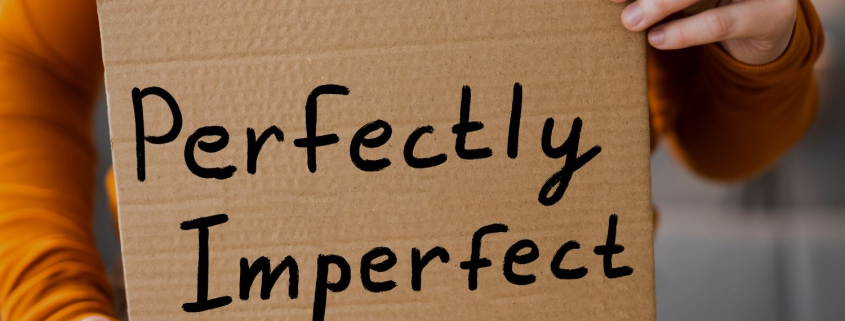


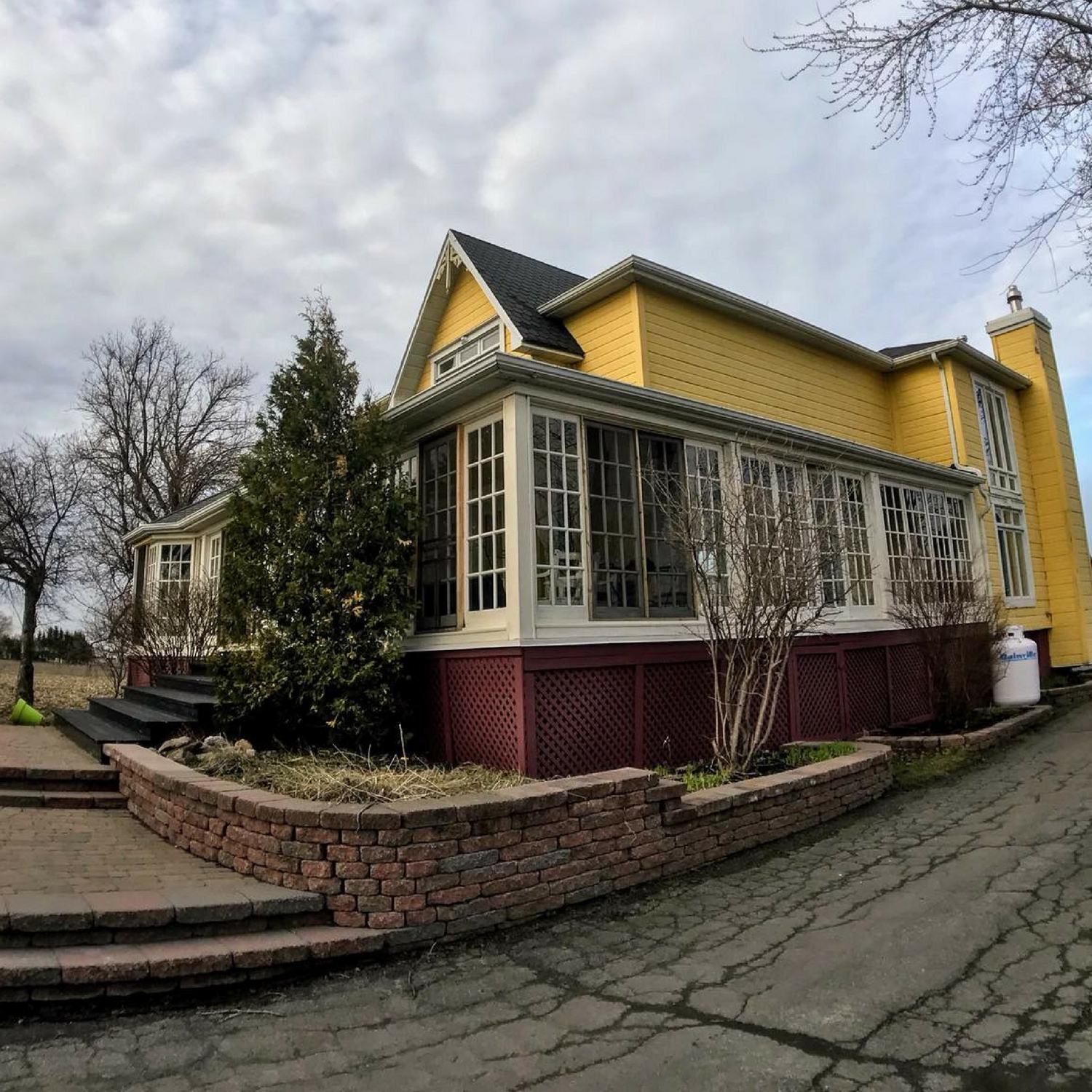
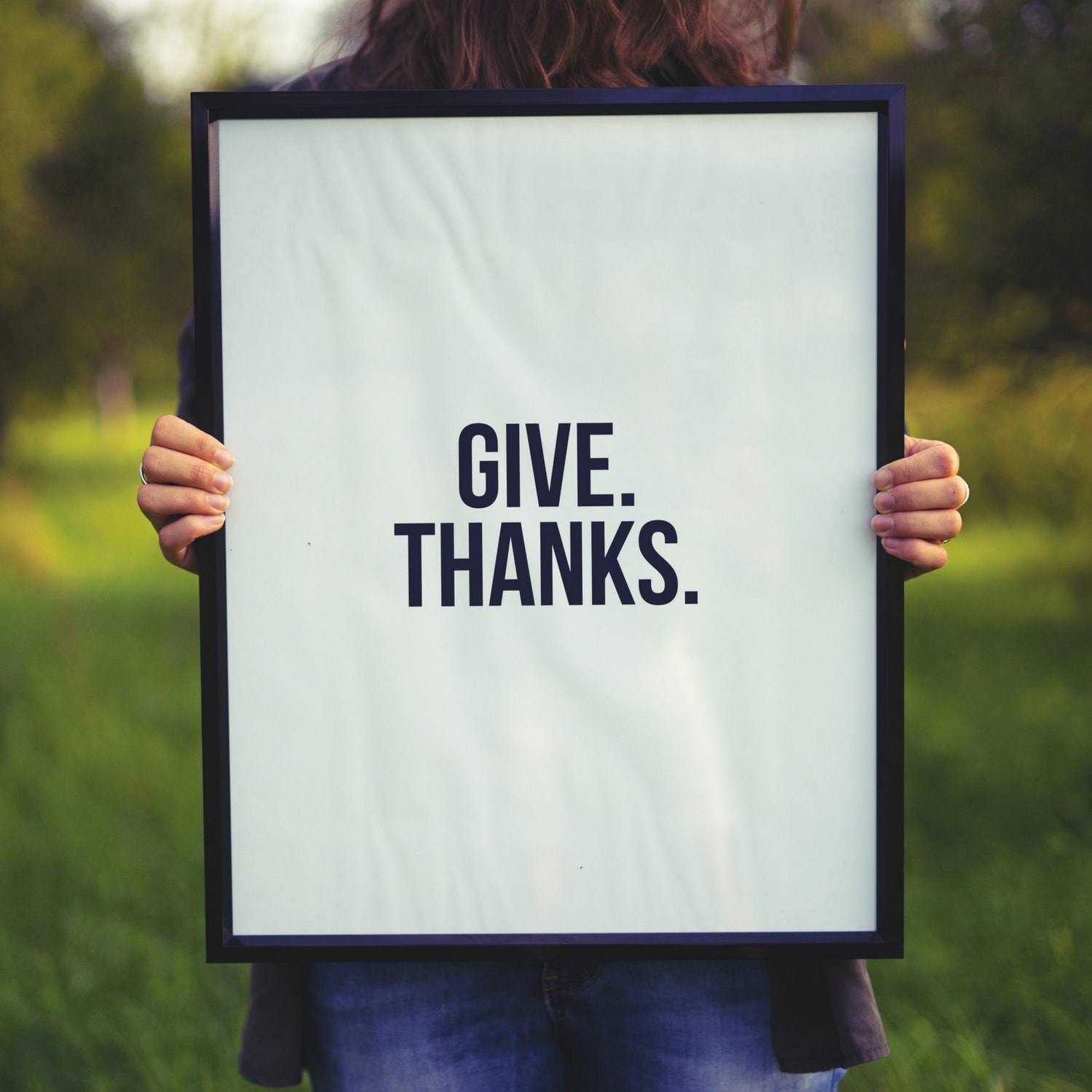

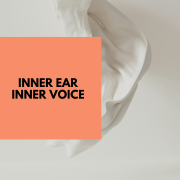
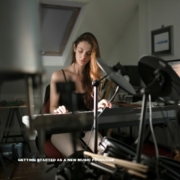



Leave a Reply
Want to join the discussion?Feel free to contribute!